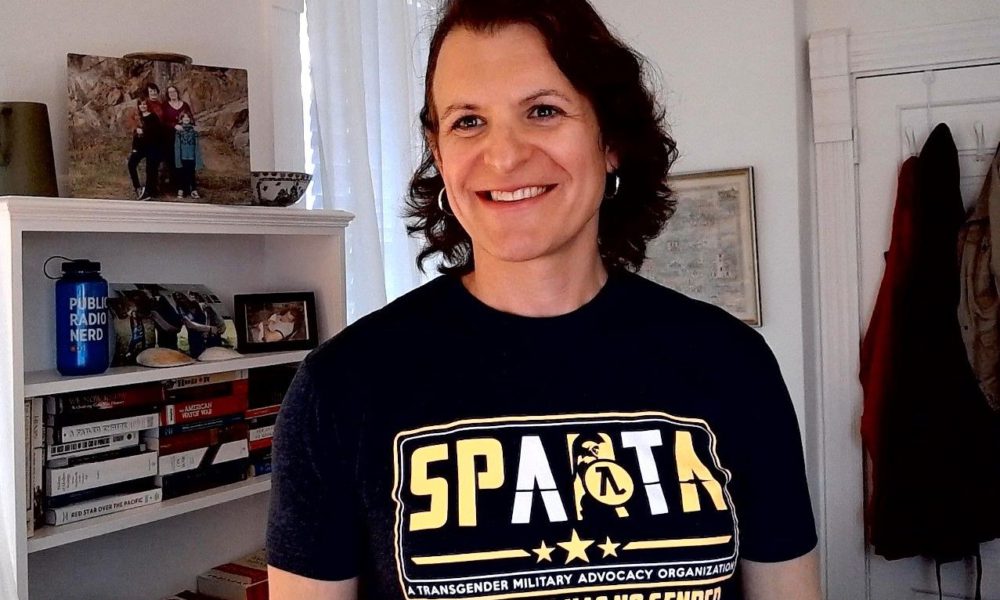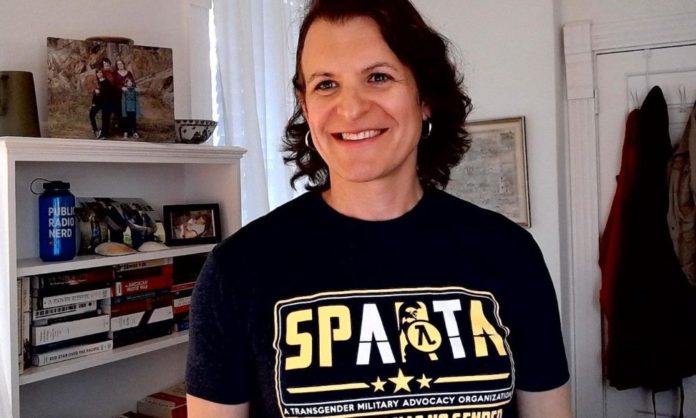
D.C. Mayor Muriel Bowser announced on April 26 that the city’s COVID-related public health restrictions are being eased one step further by the lifting of a ban on live entertainment at bars, restaurants and nightclubs beginning May 1.
The mayor’s revised public health order is expected to provide a boost to the city’s gay bars, which will be allowed on a limited basis to resume offering live entertainment, including drag shows, which club owners have said have been a longtime popular form of entertainment.
The new order also expands the maximum number of people allowed to be seated at a single table from six to 10 and lifts a requirement that customers must order at least one food item when seated outdoors. The order leaves in place a requirement that a food item must be served when customers are seated indoors.
While welcoming the limited easing of some restrictions, nightlife advocates expressed disappointment that the new mayoral order leaves in place a 25 percent capacity limit on the number of people allowed for indoor dining and bar service along with a required 6′ distancing between tables and seating areas. Also left in place in the new order is the requirement that all customers in bars and restaurants must be seated at all times.
In addition, the mayoral order leaves in place a ban on seating at or ordering drinks from a service bar if the bar is staffed by a bartender or another employee. It also leaves in place a requirement that bars, nightclubs, and restaurants close at midnight instead of the pre-pandemic closing times of 2 a.m. on weekdays and 3 a.m. on weekends.
Nightlife advocates point out that Maryland has raised its occupancy limit for bars and restaurants to 50 percent and Virginia no longer has a capacity limit, although it requires all patrons to be seated and requires tables to be spaced at a distance in observance of social distancing.
Virginia Gov. Ralph Northam last week further eased the state’s restrictions on restaurants and bars by allowing bartenders to serve customers at indoor bar tops.
David Perruzza, owner of the Adams Morgan gay sports bar Pitchers and its adjoining lesbian bar League of Her Own said he too welcomes the lifting of the ban on live entertainment, which had been in place for about year. Perruzza said he would be offering the first drag show his bars has had in about a year on May 6.
But Perruzza said that like other D.C. gay bars, most of which operate in small or medium size buildings, the requirement that all customers must be seated and that tables must be separated by a distance of at least 6′ limits the number of customers that can enter his establishments, which include dining, even if the capacity limit were to be raised to 50 percent.
He said if a 50 percent capacity limit is put in place, the space in his two bars would only allow a 33 percent capacity due to the 6′ social distancing rule.
“What would help us is to let people sit at a bar,” Perruzza said. “My whole staff has been vaccinated. So why no bar service now?”
Mark Lee, coordinator of the D.C. Nightlife Council, a local trade association representing bars, nightclubs, restaurants and other entertainment businesses, has said the initial closing of all bars and restaurants early last year due to the COVID outbreak and the subsequent 25 percent indoor occupancy limit has had a devastating impact on many bars, restaurants and nightclubs.
Lee and other nightlife advocates point out that many of these venues are struggling to stay in business due to the dramatic loss of revenue brought about by the drop in the number of customers.
“The reality is that D.C. remains an outlier throughout the region and across the nation for the worst restaurant and bar restrictions,” said Lee, who is calling on Bowser to “move the same science-based and health-safe level of re-opening opportunities as in both neighboring and nationwide jurisdictions.”
Added Lee, “As all of the local area health metrics continue to improve and vaccination access is now readily available to all, our city needs to finally and immediately restore indoor capacity to 50 percent, allow seating of guest groups at bartender stations, and return to full operating hours by eliminating the midnight service curfew.”
Dr. LaQuanda Nesbitt, director of the D.C. Department of Health, has said nationwide data have shown that restaurants and bars have been among the high-risk places where the coronavirus is transmitted from person to person. But both Nesbitt and Bowser have said in recent weeks that city health officials are closely observing the declining number of new infections among D.C. residents and will be looking at further easing of the current restrictions within a month or two.








